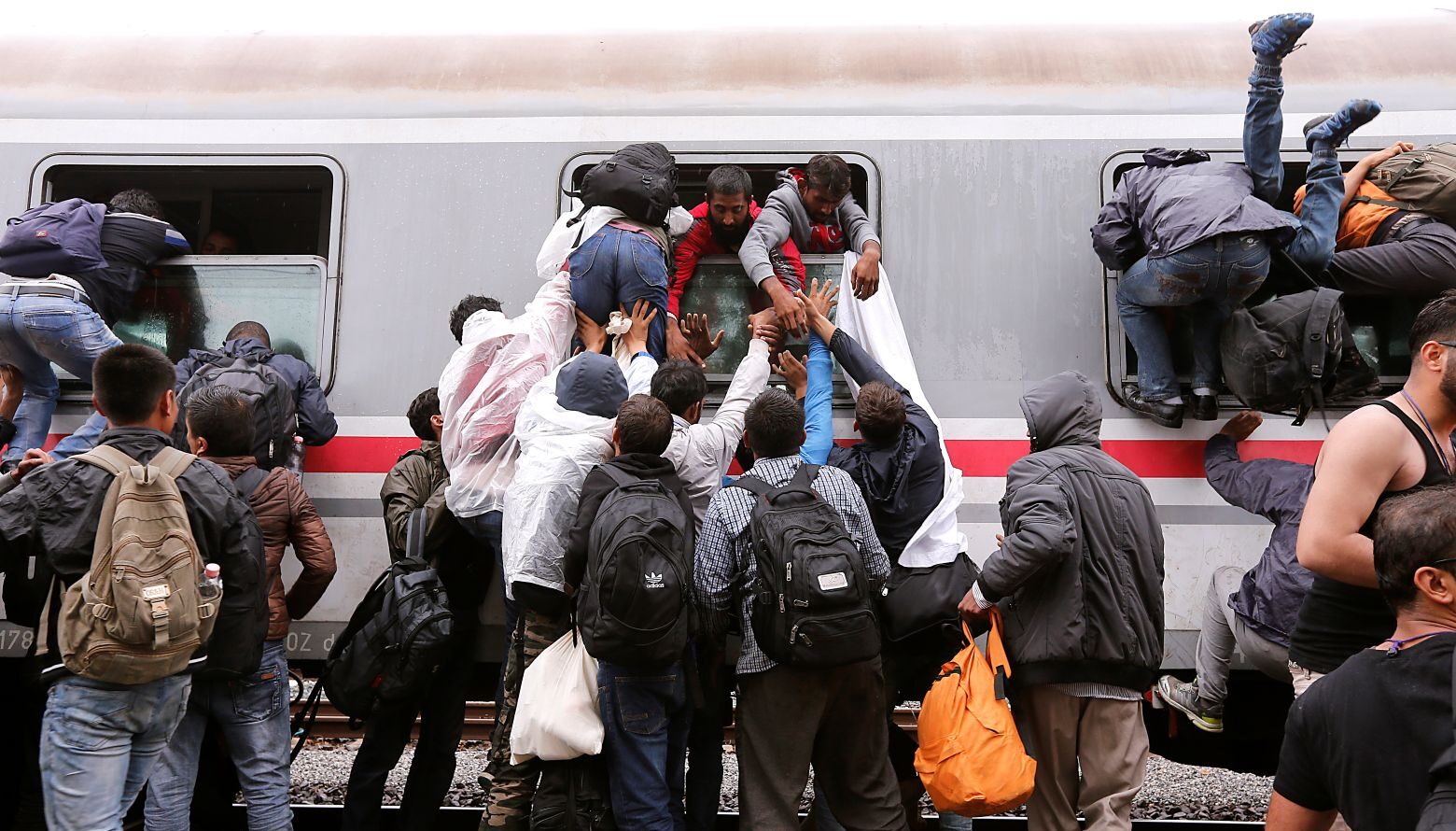The book takes its name from the term coined by refugees and migrants trying to cross Europe, trekking across borders under cover of night, through forests and fields. They call it ‘the game’ – igra in author selma banich’s mother tongue.
But as banich’s book demonstrates, through documents and correspondence collected over five years, there’s nothing fun about this game.
igra / the game is a critique of state policies that “criminalise and dehumanise human lives”, banich told BIRN, by documenting cases of violence, racial profiling and illegal pushbacks monitored and reported on between 2019 and 2023 by banich as an operator at Solidarity Line Croatia, SLC, a grassroots collective that responds to emergency calls from refugees and migrants who have been hurt, detained, or ‘pushed back’ by Croatian police on the European Union’s external border.
“People used to reach out because they were on the territory of the Republic of Croatia and were looking for a witness, someone who would simply be present and ensure their rights were not being violated,” said banich, an artist and activist who chooses not to capitalise the initials of her name.
“When people find themselves in Croatia, they must request asylum in the presence of an official. All kinds of things could happen at that moment.”
“For example, someone sends me a photo of themselves entering a police station. Half a minute later, I call the station to inform them that I am aware an asylum seeker is currently there. The officer who answers insists that no one has entered. That means the person will be expelled from Croatia.”
“When the officer tells me that the person didn’t enter the police station, that’s the moment when the kidnapping begins,” said banich, who was born in Yugoslavia in 1979 and lives in Zagreb. “That moment really breaks your heart. It’s traumatic, because you realise you’re not speaking with the police apparatus or someone giving orders from above, often from the top of the state, not to mention the top of the European Union, but with a human being.”
